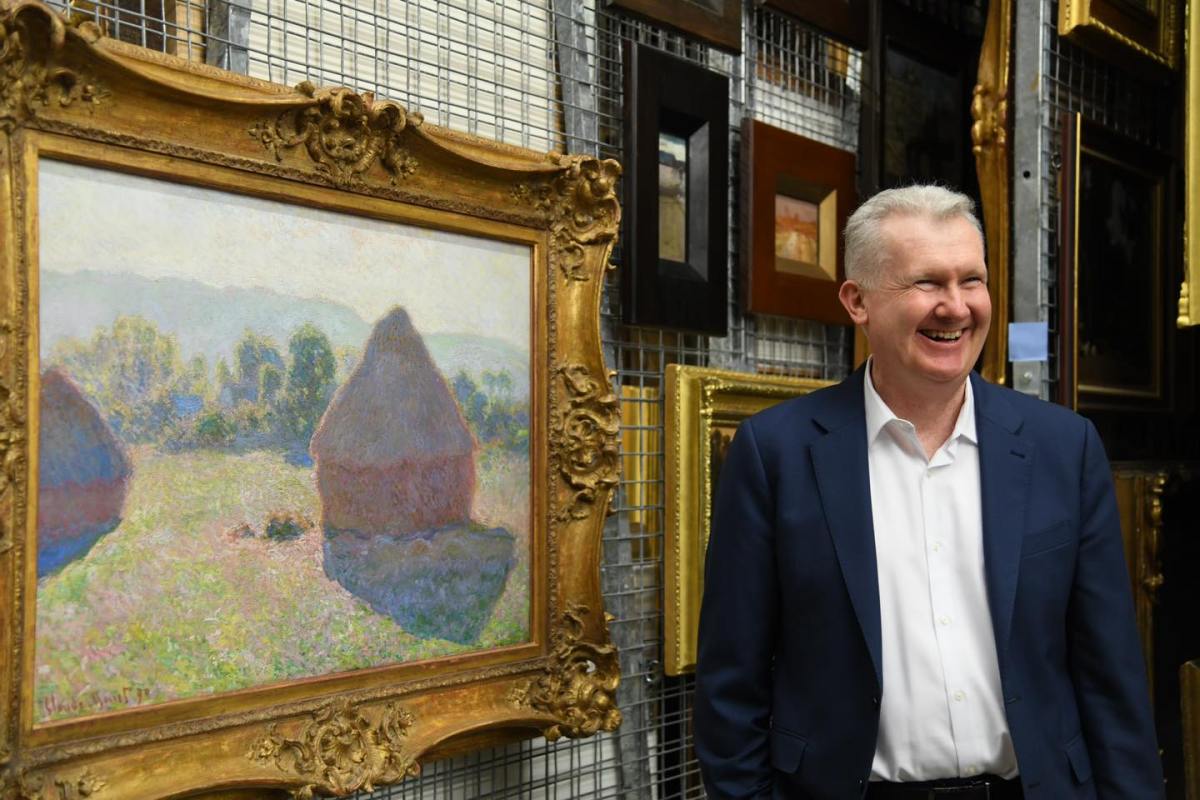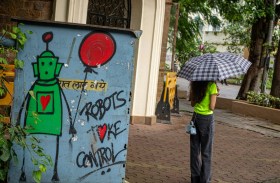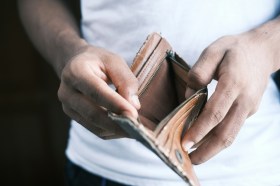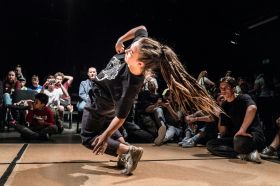At a conference last week, Federal Arts Minister Tony Burke delivered his most explicit statement yet on the Government’s position regarding copyright and artificial intelligence (AI). Responding to the Productivity Commission’s draft recommendations for a text and data mining (TDM) exception – which would allow AI developers to copy creative works without permission for training purposes – Burke was unequivocal.
‘We have copyright laws. We have no plans, no intention, no appetite to be weakening those copyright laws based on this draft report that’s floating around,’ he said. ‘Use of your work for a commercial purpose, for which you have not authorised, is theft’.
His comments align with those made recently by musician and former MP Peter Garrett, and signal a clear policy divide between the arts portfolio and the Commission’s economic focus. While making his stance clear, Burke also stopped short of outlining concrete and detailed strategies for protecting artists against copyright theft by AI.
Table of Contents
Copyright & AI: PC’s role ‘respected but distinct’ from arts
While respectful of the Commission’s remit, Burke emphasised the different priorities of his office.
‘They have a particular role … to look at things entirely through a lens of productivity. My role as Australia’s Arts Minister is to also respect that a nation has culture and that people have a soul,’ he said.
ArtsHub: The Productivity Commission just advocated for theft and I’m f**king livid
This framing reinforces a long-running argument from arts advocates that economic efficiency cannot be the sole measure in policy affecting creative industries.
Copyright & AI: Creative Australia’s stance
Burke used the speech to endorse Creative Australia’s submission to the Productivity Commission, which he described as ‘true to the work of artists’. The submission called for:
- No weakening of copyright protections.
- Mandatory labelling of AI-generated material.
- Cultural safeguards to ensure Australian works are not exploited without consent.
‘I am really proud of that mission,’ Burke positioned Creative Australia as a key advocate for creators in AI policy debates.
Copyright & AI: risks for performers and voice actors
Burke also acknowledged the impact of AI on performers, particularly voiceover artists.
‘There’s a massive decline in their work, where not only is the work sometimes now being done by a machine, but right at the moment the machine is able to emulate their personal voice,’ he said.
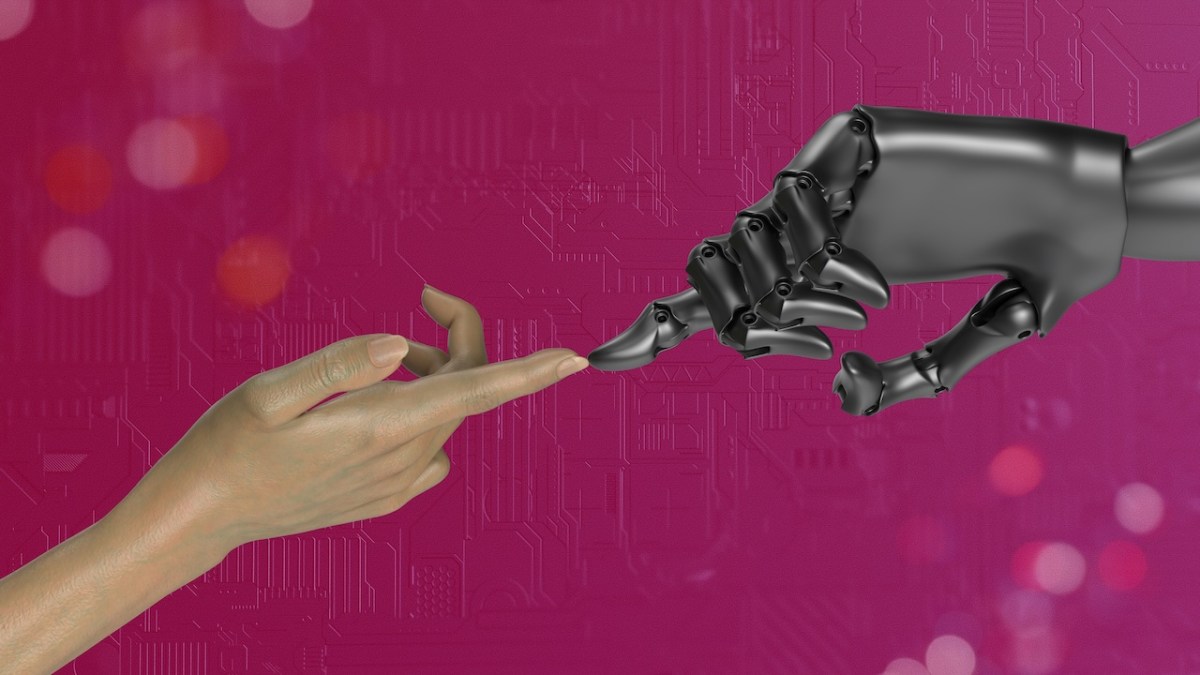
This is one of the first times the Minister has linked AI directly to job displacement in the performing arts sector, underscoring growing concerns from unions and professional bodies representing musicians and actors. He did not identify clear pathways for protecting these artists jobs from AI developers.
‘I don’t fear technology’, but demand for a response
While critical of the draft Productivity Commission recommendations, Burke said he does not oppose technological development itself.
‘I don’t fear technology, I just know we need to be able to respond to technology,’ he said. His comments point to a policy approach that supports innovation but demands safeguards for the livelihoods and rights of artists.
Copyright & AI: implications for the arts sector
Burke’s speech signals that:
- The Government is unlikely to endorse the current TDM exception proposal without significant changes.
- Advocacy from artists, unions, and sector bodies is having an influence on ministerial positioning.
- Creative Australia will continue to play a lead role in making submissions and shaping government responses to AI-related policy.
For musicians, voice actors, writers and other creators, the message is that the Minister is positioning himself as a cultural safeguard in the AI era. The sector will be watching closely to see whether this rhetoric translates into concrete legislative outcomes, which remains unclear.
Discover more screen, games & arts news and reviews on ScreenHub and ArtsHub. Sign up for our free ArtsHub and ScreenHub newsletters.
